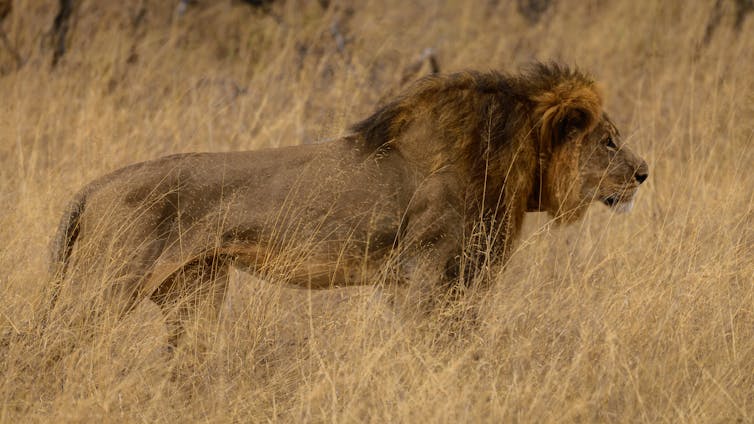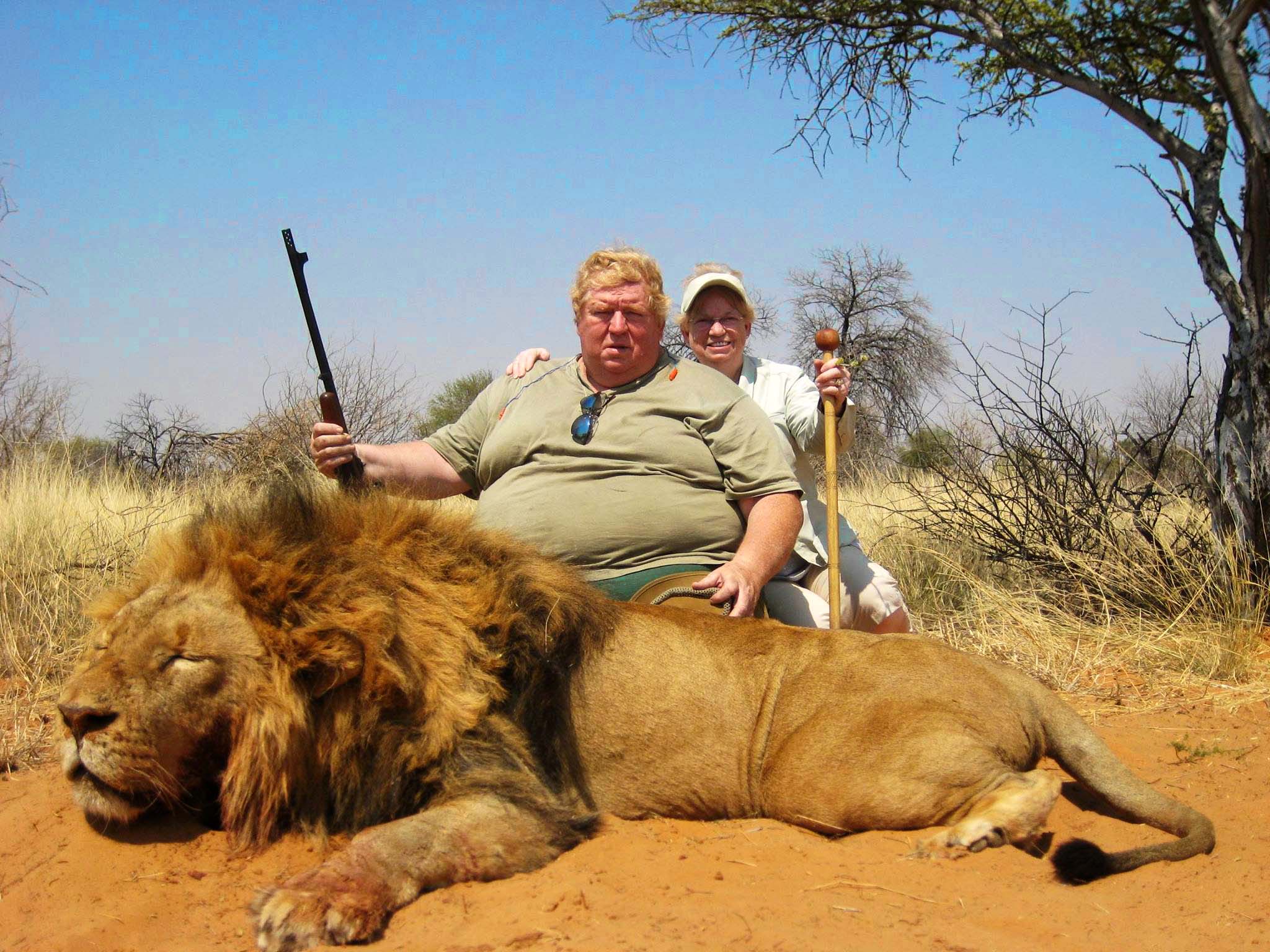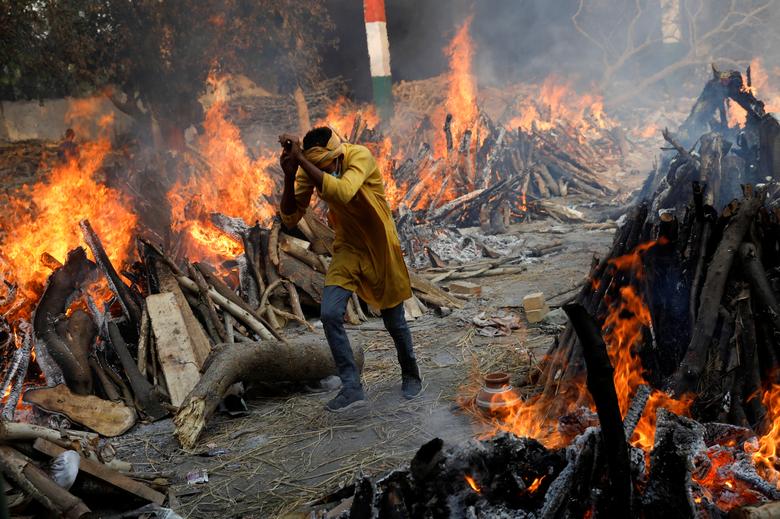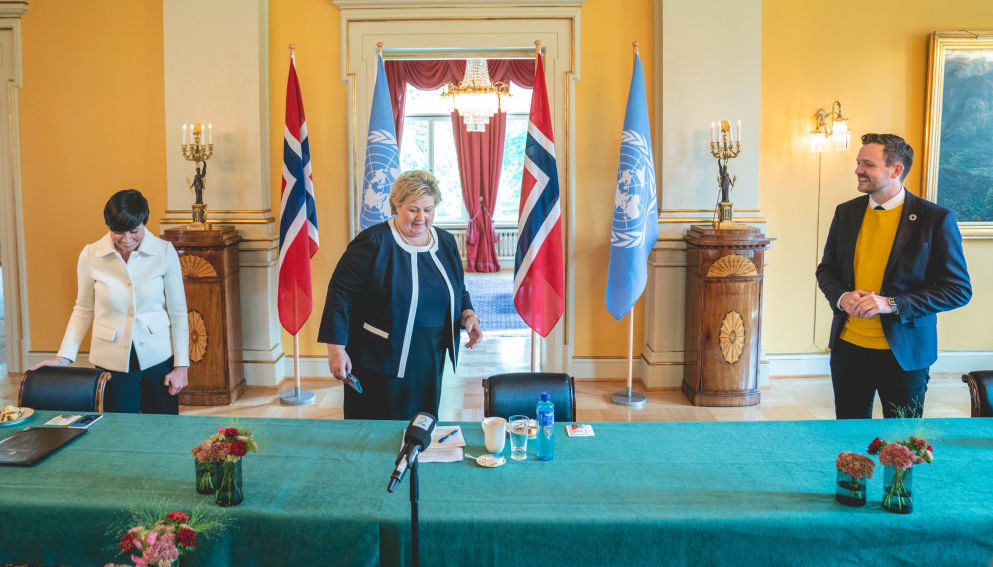
Vince O’Sullivan/Flickr
Muchazondida Mkono, The University of Queensland
It’s just over three years since a lion was shot in Zimbabwe by Walter Palmer, a dentist from Minnesota in the US, in a drama that became known as “Cecilgate”. The lion’s death sparked heated debates around the world about trophy hunting. And the fallout was hailed as a turning point for the wildlife tourism industry because trophy hunting was shown to be morally untenable for many people, particularly those living in developed countries.
The incident became a teachable moment. People were made aware of Africa’s wildlife conservation crises and the declining lion numbers – from over 200 000 a century ago to about 20 000. The issue of canned hunting, where wild animals are bred on farms to be shot by rich foreign trophy hunters, became a topic of contention. Poaching was highlighted as another huge problem.
To understand the full impact of the incident and its fallout I conducted research looking at Cecil’s legacy – in other words what’s happened since he was shot.
I found that the outcry led to some policy changes in developed countries. For example, the UK demanded that African countries improve their hunting practices as a condition for continued support while France banned lion trophy imports altogether. Companies also took action: a number of airlines, led by Virgin’s Sir Richard Branson, pledged not to carry hunting trophies from Africa.
But the Cecil movement didn’t lead to any deep-seated changes. The sad reality is that trophy hunting persists in many parts of Africa, as does the even more abhorrent practice of canned hunting. In the southern Africa region, Botswana is the exception. But its ban on trophy hunting was imposed well before Cecilgate. Hunting companies are still thriving, offering a long list of “safari specials.”.
The Cecil movement has not resulted in any tangible contributions to wildlife conservation in Africa. Conservation remains under-funded, poaching is rife, and lion numbers are still on the decline.
There are a few reasons for this.
Lack of understanding
The Cecil movement showed a lack of understanding —- or disregard —- of the different perspectives in countries that are home to lions.
Professor David MacDonald, Director of the Wildlife Conservation Research Unit at Oxford University and his co-authors recently pointed out that there are very divergent views about lions in the wealthy West compared with communities that live in close proximity to them. They asked:
Who has the right to make decisions about trophy hunting? How should the weight of opinions held on lion hunting in countries without lions, such as the US (which has a thriving domestic hunting market), be ranked against the opinions held in African countries where lions occur (and where the financial consequences of a cessation of trophy hunting might bite the hardest)?
These divergent views played out in the weeks and months after Cecil’s death when it became apparent that there was simply no grassroots support for a hunting ban.
In response to the Western media frenzy around Cecilgate, Africans felt that the West cared more about animals than they did about people. This undermined the Cecil movement’s moral authority. It didn’t help that the lion was called Cecil – the name of one of Britain’s great imperialists, Cecil John Rhodes.
Zimbabwean born Goodwell Nzou, then a PhD candidate at Wake Forest University, put this aptly in the New York Times.
In Zimbabwe we don’t cry for lions. In my village, surrounded by wildlife conservation areas, no lion has ever been beloved or granted an affectionate nickname… We Zimbabweans are left shaking our heads, wondering why Americans care more about African animals than about African people…
Crucially, the Cecil movement also failed to propose an economically viable alternative to trophy hunting. Suggested alternatives like photographic tourism has not generated enough revenue to match the USD$200 million that Africa receives from trophy hunting annually.
In addition, hunters remain unrepentant about their sport. Walter Palmer himself still posts defiant tweets:
I just wanted to say I killed “a frican lion”.
Way forward
Unless the West is prepared to devise a new funding model for conservation, calls to ban trophy hunting are futile. African governments need stronger support in finding alternative revenue streams.
Crucially, the people who live alongside wildlife must not be forgotten. The Cecil movement can strengthen its moral authority by demonstrating equal compassion for people who live in poverty. They might then have a chance of shifting attitudes and advancing their conservation cause.
With a new funding model, and grassroots support, the movement might one day be able to say that Cecil, as a symbol of all of Africa’s beautiful megafauna, didn’t die in vain.
![]() As a final note, Xanda, one of Cecil’s cubs, was shot in 2017, and the incident went largely unnoticed. For now, nothing has changed.
As a final note, Xanda, one of Cecil’s cubs, was shot in 2017, and the incident went largely unnoticed. For now, nothing has changed.
Muchazondida Mkono, Research Fellow (Australian Research Council DECRA Fellow), Business School, The University of Queensland
This article was originally published on The Conversation. Read the original article.




